[ENG-SPN] Musicians in Arcadia / Músicos en Arcadia
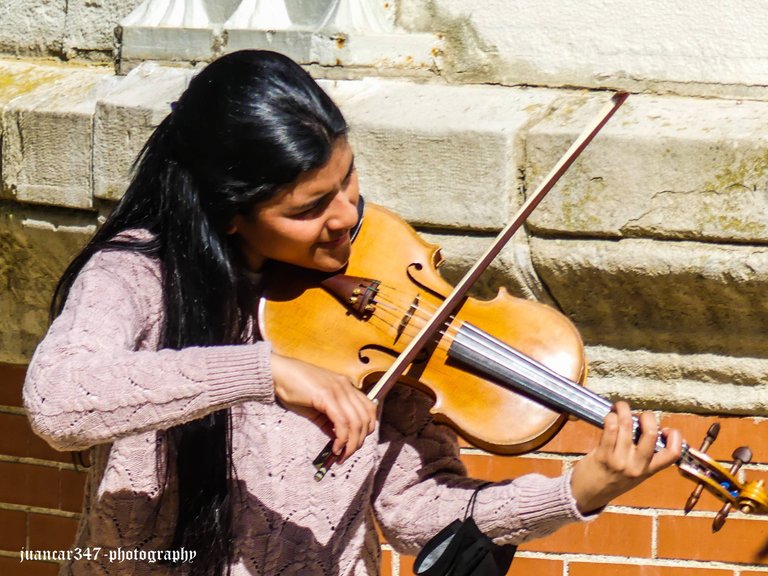
Although Arcadia was not originally one of the most splendid, fantastic, and significant places in ancient Greece, over time, however, it has become, par excellence, that longed-for center of the labyrinth to which artists and romantics of all times have flocked, in their media-fueled daydreams. An unequivocal metaphor, moreover, symbolizing that happy, ideal, and evocative place—the ancient idea of "Paradisum" or "Paradise"—oblivious to the inexorable passage of time, which, for poets like Luis Cernuda, represented "the Byzantium syndrome," and for François Villon, the mysterious place where "the snows of yesteryear" always ended up.
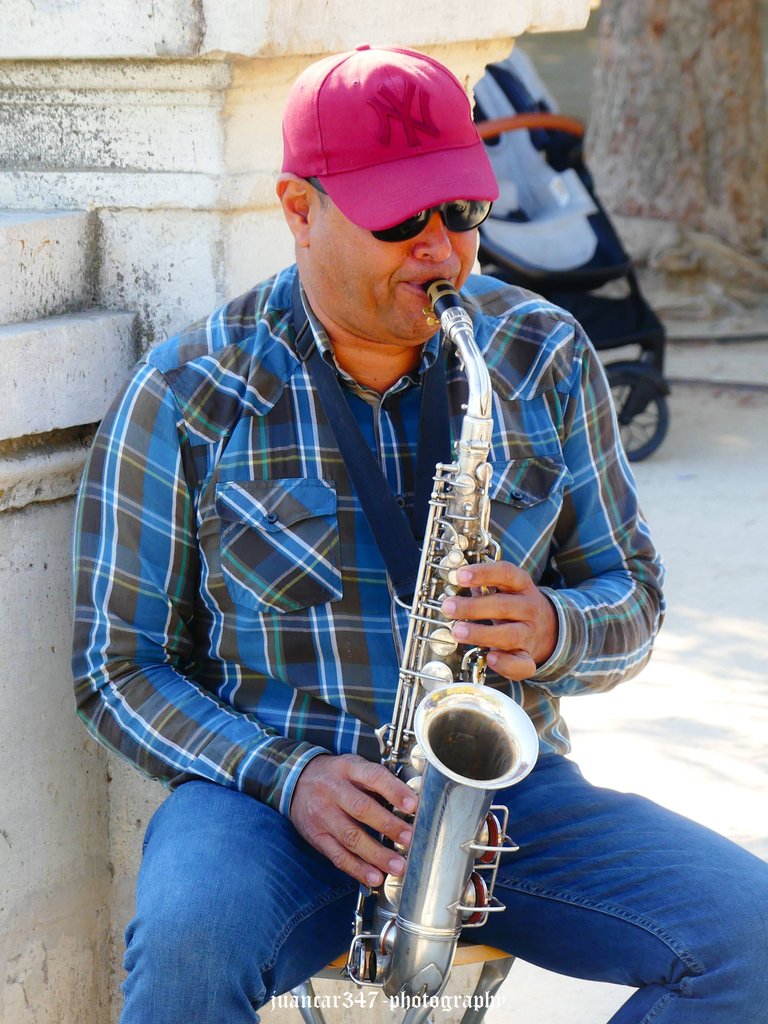
Taking this background into account, if we extrapolate the figure of the street musician, as in the times of ancient Hellas, one could also consider the shepherds, always well-equipped in their bags with flutes and pipes to accompany, with melancholic, if not odyssey-like melodies, their vital solitudes through the steppe mountains, and we bring to mind the street musicians, who, currently, it can be said, are distributed throughout the no less metaphorical and steppe-like streets and public parks of large cities, following a path comparatively similar to that of the ancient shepherds, we will find certain concordances with the myth, which, moreover, illustrates, with a singular and mysterious phrase, one of the most melancholic and, by default, most enigmatic paintings by the charismatic French painter, Nicolas Poussin, which, entitled 'Les bergiers d'Arcadi' or 'The Shepherds of Arcadia', also says: 'I too am in Arcadia'.

One might think, then, that the world is a monumental Arcadia, in which, ultimately, we are all shepherds and musicians, who, throughout our lives, dance to the melody we are called upon to play.
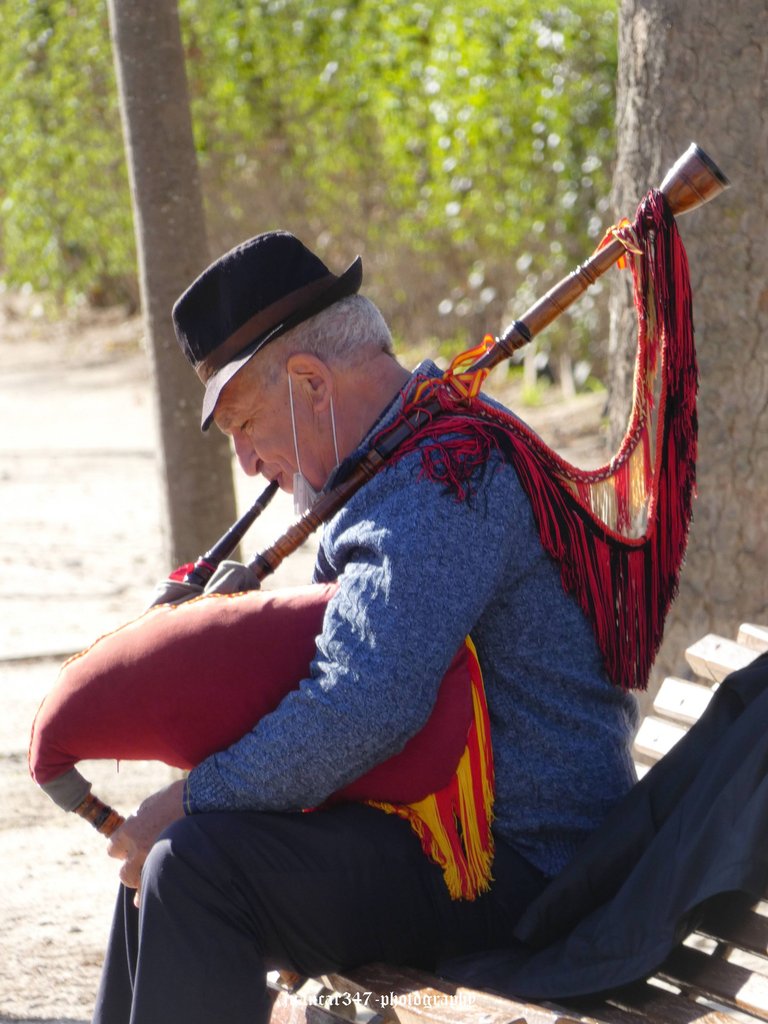
Si, originalmente, la Arcadia no fue, en realidad, uno de los lugares más espléndidos, fantásticos y relevantes de la antigua Grecia, con el paso del tiempo, sin embargo, se ha convertido, por antonomasia, en ese añorado centro del laberinto al cual acuden, por su mediática ensoñación, los artistas y los románticos de todos los tiempos, metáfora, además, inequívoca, que simboliza ese lugar feliz, ideal y evocador -la antigua idea de ‘Paradisum’ o ‘Paraíso’- ajeno al paso inexorable del tiempo, que, para poetas, como Luis Cernuda, representaba ‘ el síndrome de Bizancio’ y para François Villon el misterioso lugar al que iban a parar siempre ‘las nieves de antaño’.
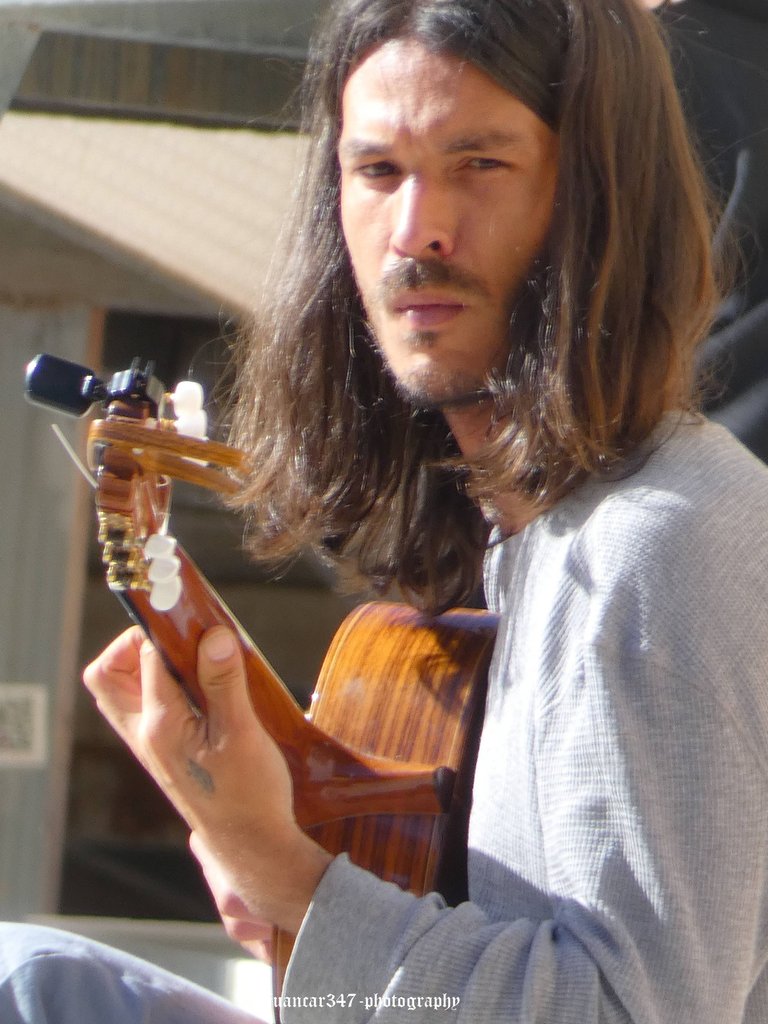
Teniendo en cuenta estos antecedentes, si extrapolamos la figura del músico ambulante, como en tiempos de la antigua Hélade se podría considerar también a los pastores, siempre bien provistos en sus zurrones de flautas y caramillos para acompañar, con melancólicas, cuando no odiséicas melodías sus vitales soledades por las esteparias sierras y traemos a colación a los músicos callejeros, que, actualmente, se puede decir que se distribuyen por las no menos metafóricas y esteparias calles y parques públicos de las grandes ciudades, siguiendo un camino, comparativamente similar al de los antiguos pastores, encontraremos ciertas concordancias con el mito, que, además, ilustra, con una singular y misteriosa frase uno de los cuadros más melancólicos y por defecto, más enigmáticos del carismático pintor francés, Nicolás Poussin, que, llevando por título ‘Les bergiers d’Arcadi’ o ‘Los pastores de Arcadia’, dice también aquello de: ‘Yo también estoy en Arcadia’.
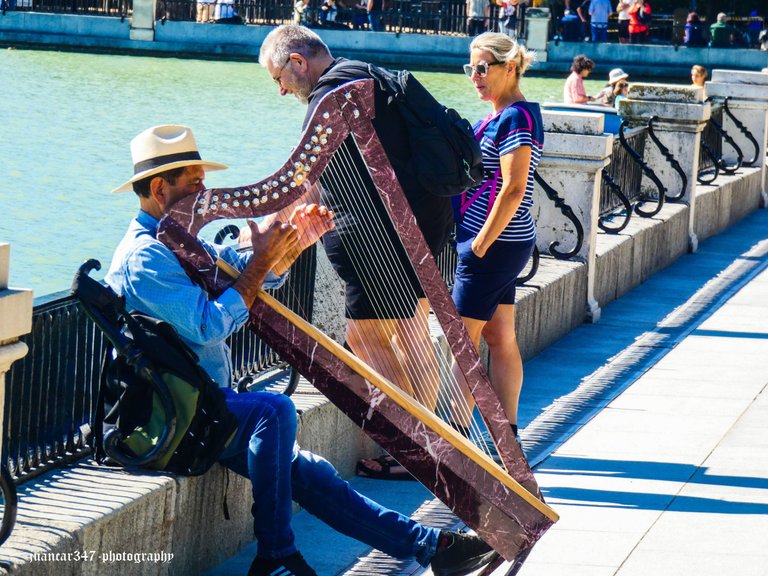
Podría pensarse, entonces, que el mundo es una monumental Arcadia, en la que, a fin de cuentas, todos somos pastores y músicos, que, en nuestra trayectoria vital, vamos danzando al son de la melodía que nos tocar interpretar.
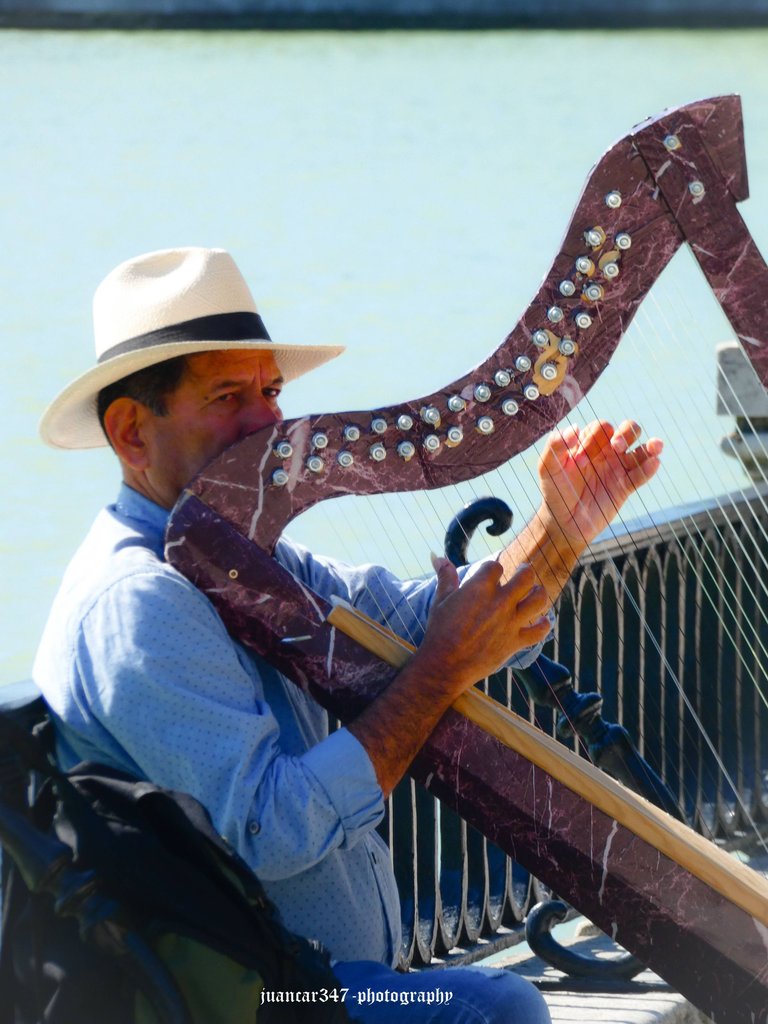
NOTICE: Both the text and the accompanying photographs are my exclusive intellectual property and are therefore subject to my copyright.
AVISO: Tanto el texto, como las fotografías que lo acompañan, son de mi exclusiva propiedad intelectual y por lo tanto, están sujetos a mis Derechos de Autor.
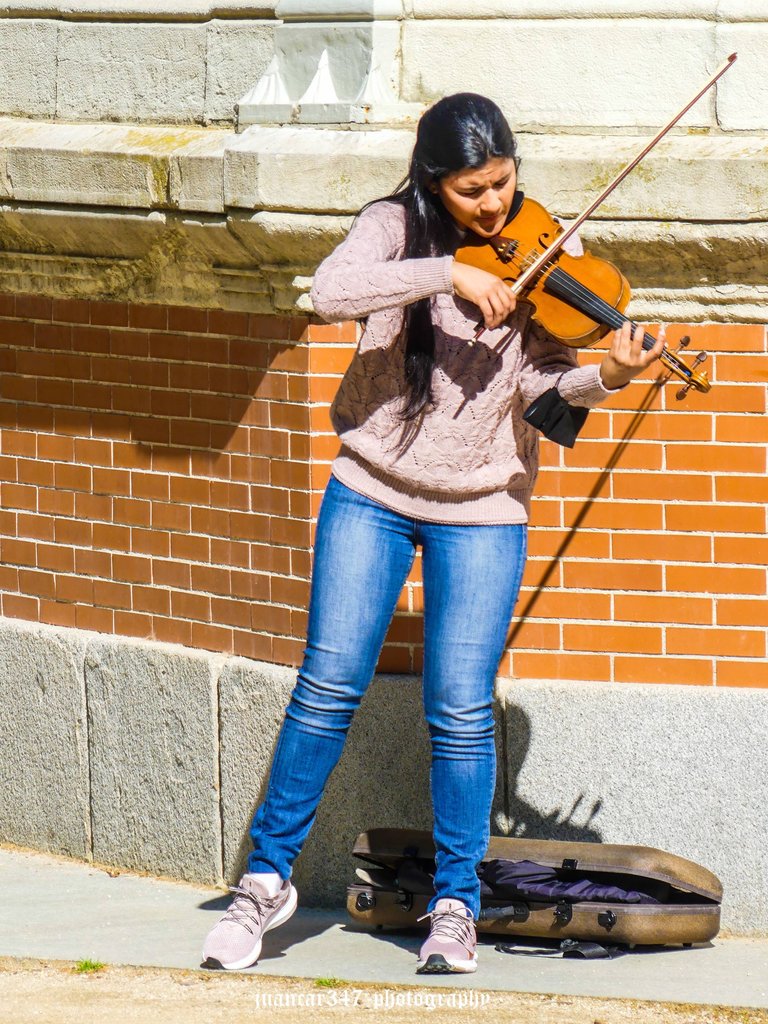
https://x.com/lee19389/status/1926398011342561681
#hive #posh